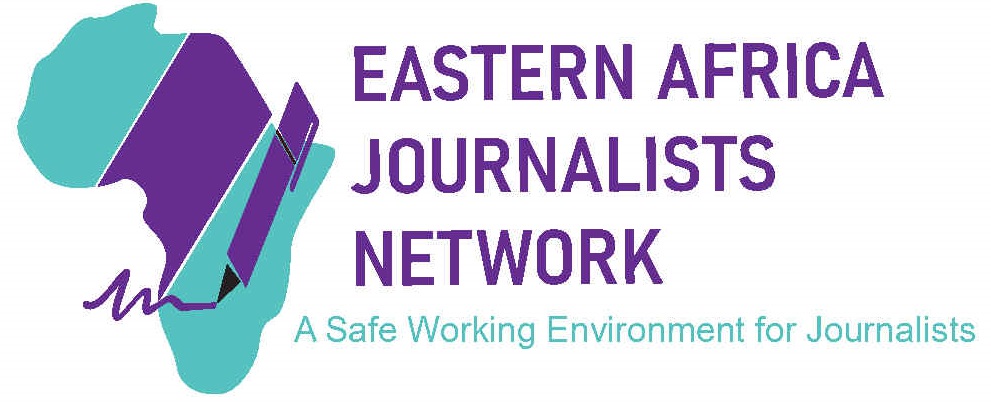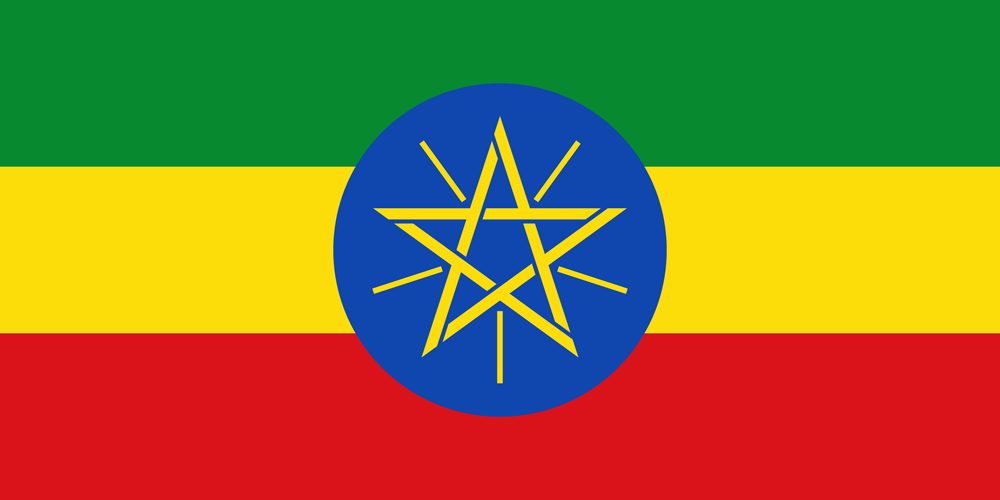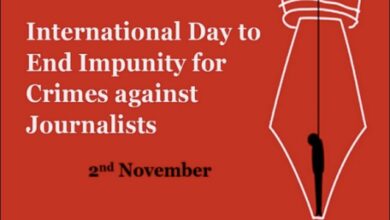840 cases in Ethiopia
Deprecated: preg_split(): Passing null to parameter #3 ($limit) of type int is deprecated in /home/eajournal/public_html/wp-content/themes/jannah/framework/functions/post-functions.php on line 805
Ethiopia’s World Press Freedom ranking moved up from position 110 in 2019 to 99 place in 2020 according to RSF. However, abuses and acts of violence against journalists, independent media, human right defenders and perceived opposition political activists are still widespread.
For nearly three decades’ freedom of expression by government critics remained severely restricted, with frequent threats, arbitrary arrests and detention. Ethiopia’s apparatus of media censorship is vast and freedom of expression cannot be guaranteed without substantial legal reforms. The legal apparatus includes the Anti-Terrorism Proclamation, the Criminal Code, the Mass Media and Access to Information Proclamation of 2009, Ethiopia Broadcasting Authority law, criminal defamation statute and the provisions shielding public officials from criticism
Surveillance on dissidents, use of anti-terrorism laws, intimidation and administrative coercion such as limiting advertising revenues, restricting access to information, maintaining high costs for printing, blocking websites and social media platforms as well as complete internet shutdown have been a common feature. Many blog sites and websites being run by Ethiopians in the diaspora have too been blocked from inside Ethiopia. The country’s broadcasting and telecommunications sectors are still exclusively dominated by the state, and the minimal private media sector heavily regulated and frequently censored. The state tightly controlled most of the media, and the few surviving private media self-censored their coverage of politically sensitive issues for fear of being shut down. Most print publications were and still remain directly or indirectly owned by the government and are used as engines of ideological production and propaganda tools of the government and the ruling party.
The few independent publications, television and radio outlets remain strapped financially, making it very difficult to provide independent information and analysis on the domestic political issues for Ethiopians. Many journalists, both in government or private media, are still practicing self-censorship because of fear of reprisal in various forms. Journalists working for government owned media outlets are mostly concerned about job security, and often worried that stories seen as unfavourable by editors could cost them their jobs. Freelance journalists also are afraid of government reprisal either directly, such as through judicial harassment, or indirectly, through denial of access to information from government institutions. To survive most independent media are deliberately and systematically limiting themselves to entertainment and sports programs and rarely reporting politics


